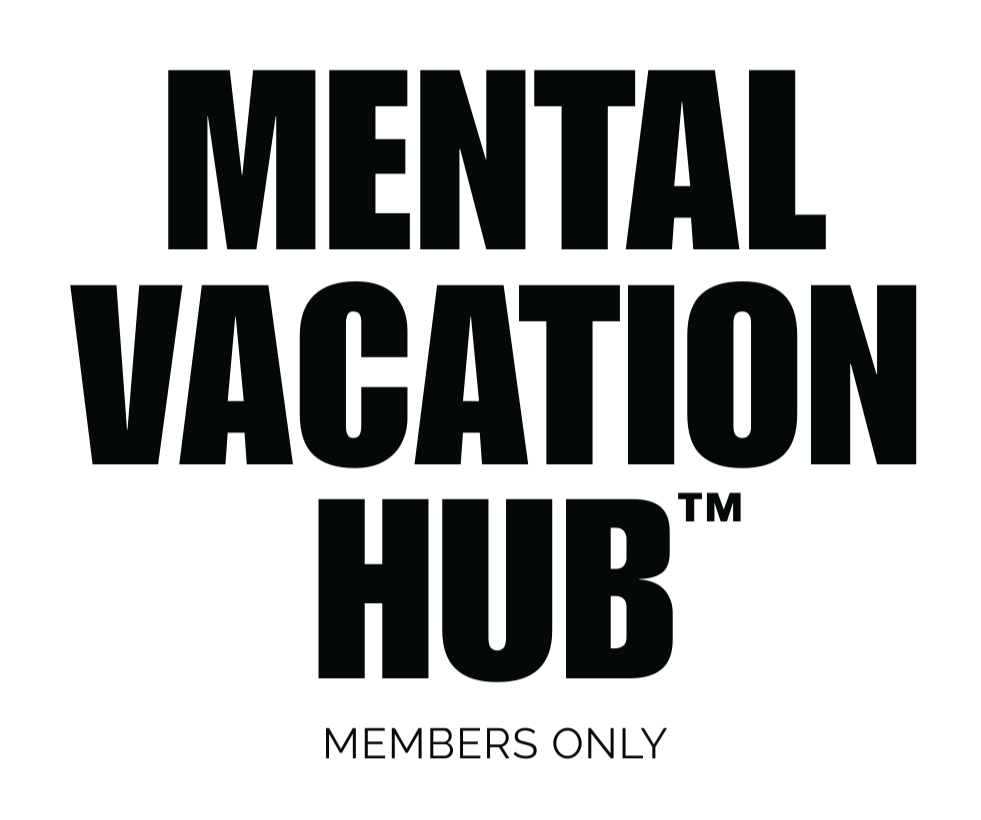Burnout and the Role of Antidepressants
When burnout strikes, one of the hardest parts is the despair that follows.
You are exhausted, anxious, and often deeply low in mood. In this state, many people wonder whether medication could help. The topic is loaded with opinions and myths, and the term “happy pills” has created more confusion than clarity.
Let us look at what medication can and cannot do in burnout recovery.
First, there is no medicine that cures burnout.
Burnout is not solved by a pill, because its roots are in long-term stress, unrealistic demands, and a lack of recovery. No tablet can replace rest, lifestyle change, or a shift in work conditions.
But medication can be a tool along the way. It can help stabilize symptoms that otherwise block recovery.
Sleep is one of the key areas
Without sleep, the body cannot heal, the mind cannot process, and the smallest challenge feels unbearable.
Many burned-out people suffer from restless nights, waking repeatedly, or not being able to fall asleep at all. For some, sleep-onset tablets can be useful for short periods.
They work within 30 to 60 minutes and help the body to calm down enough to enter sleep.
Longer-acting sleeping pills may also be prescribed, but these should be used with caution and only temporarily, since the effect wears off with regular use.
Anxiety is another major symptom
Strong anti-anxiety drugs can provide immediate relief, but they carry risks of dependency and must be used with great care.
Doctors generally recommend them only in crisis situations. More often, antidepressants such as SSRIs are considered. These do not work instantly. Their effect comes gradually over weeks of use, helping to balance the brain’s neurotransmitters serotonin, dopamine, and noradrenaline.
These chemicals regulate mood, appetite, sleep, and even sex drive.
When they are in imbalance, feelings of worry, hopelessness, and inability to act are common. SSRIs help to create stability in these systems. They are not addictive, and they also have a mild anxiety-reducing effect.
It is worth repeating: these medicines do not make anyone happy.
They do not solve the underlying issues, and they cannot magically bring joy. What they do is give enough stability that you can once again do the things that bring happiness.
They give you the strength to take a walk, to call a friend, to bake bread, or to engage in small daily actions that create wellbeing. In other words, they are not a solution, but they can create the conditions where solutions become possible.
Shame around medication
Many people feel ashamed at the thought of starting medication.
They think of it as a defeat, as if they failed to cope. But taking an antidepressant is no more a defeat than taking allergy medicine when you are allergic. It is simply a treatment for a specific imbalance.
Seeing it that way takes away much of the stigma and allows room for self-compassion.
Studies may not prove that antidepressants shorten the length of sick leave during burnout. But many who are burned out are also depressed, and for them the medication can be valuable.
It is worth trying if the mood is very low, because untreated depression prolongs suffering and makes it harder to recover from exhaustion.
Personal experience from patients often highlights a mix of approaches.
Some have used SSRIs together with sleep tablets for a limited period, just to break out of a vicious circle of sleeplessness and anxiety. Others have added simple tools like weighted blankets, which create a calming pressure on the body and reduce restlessness at night. Recovery usually requires a combination of medical support, lifestyle changes, and professional guidance.
Medicine is a support, not a cure
The most important perspective is that medicine is a support, not a cure.
It helps build sturdier steps on the shaky staircase out of the dark hole. The climb is still yours to make, but the risk of slipping on the way down becomes smaller. With stability in sleep and mood, you regain the ability to take the active steps that truly heal burnout.
If you are considering medication, the decision should always be made together with a doctor.
Explore the alternatives, ask questions, and be clear about your symptoms. Use the tools as backup when necessary, but do not forget that rest, boundaries, and changed conditions are the real medicine.
The pills can light a small lamp on the path, but you are the one who has to walk it.
Need more burnout guidance?
If you’re looking for practical steps beyond books, explore my Burnout SOS Handbook.
It’s a clear, supportive guide with strategies to understand what’s happening, survive the hardest days, and take steady steps toward recovery.
